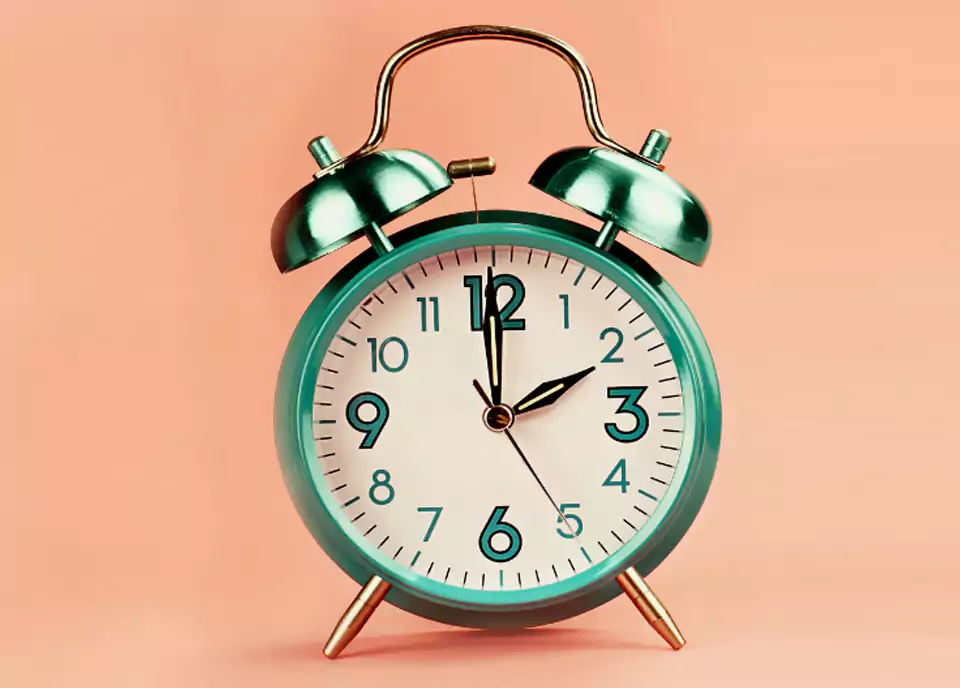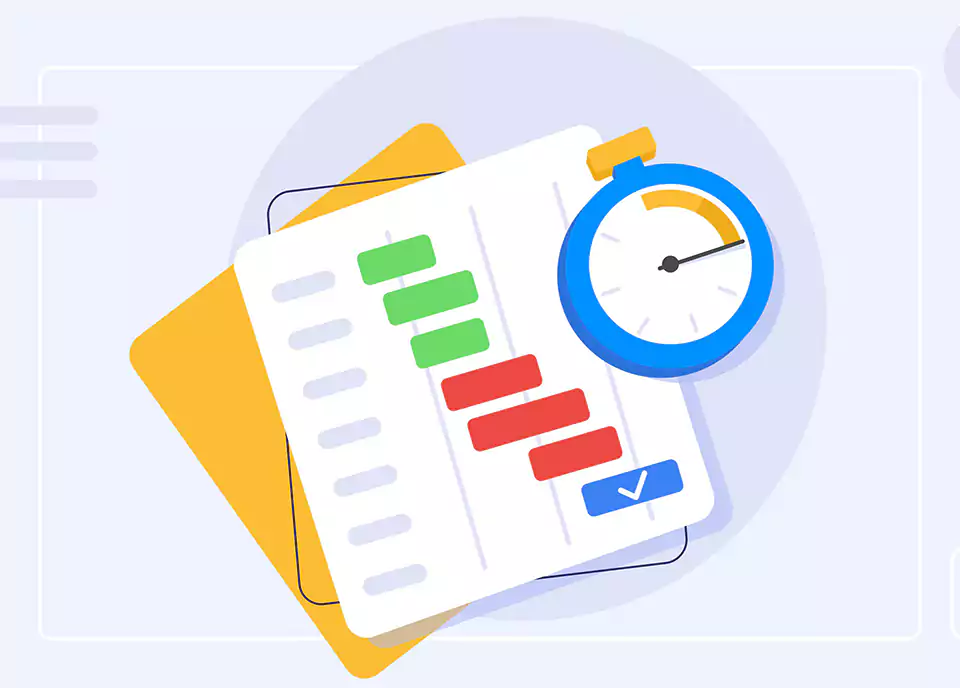Choosing a U.S. Agent is critical for foreign medical device manufacturers. Beyond FDA’s legal requirements, factors like regulatory expertise, reliability, communication, and trust ensure smooth interactions and timely FDA compliance support.
Choosing a U.S. Agent is a critical decision for a foreign medical device manufacturer. The ideal U.S. Agent will meet all FDA requirements and be capable of fulfilling the duties described earlier. First, it’s essential to understand the mandatory qualifications set by FDA:

Beyond these legal requirements, several practical considerations can help in selecting the right U.S. Agent:
Ideally, your U.S. Agent should be knowledgeable about FDA regulations and procedures. While any U.S. resident can technically serve as an agent, an agent with medical device regulatory experience will be better equipped to understand FDA requests and respond appropriately. Many foreign manufacturers choose to appoint a professional regulatory affairs firm or consultant as their U.S. Agent for this reason.

The agent should have excellent communication skills. They will be interacting with FDA officials and conveying information to your team. Ensure they are fluent in English (since all FDA interaction is in English) and able to clearly explain regulatory information. If your company is not English-speaking, it may help if the agent can communicate in your preferred language as well, but this is secondary to their English proficiency.

The whole point of a U.S. Agent is to provide a timely bridge to FDA. You should vet how responsive a candidate is. Do they answer emails and calls promptly? Are they organized in forwarding documents? Consider setting expectations in writing for how quickly they must relay FDA communications (often immediately or within 24 hours for critical issues). An agent with a track record of reliability – demonstrated through references or past experience – can give you confidence that no FDA message will slip through the cracks.

You are placing a great deal of trust in your U.S. Agent. If you are considering using a business partner (such as a distributor or importer) as your agent, ensure that their interests align with yours. They must be willing to convey all FDA information to you, even if it’s unfavorable (e.g. inspection observations or warning letters). A written agreement with any third-party agent is highly recommended, detailing their obligation to forward FDA communications immediately and maintain confidentiality of sensitive information.

Evaluate whether the agent has the bandwidth to handle your needs. If you are a small startup with infrequent FDA contact, a single individual as agent may suffice. But if you anticipate frequent interactions (for example, multiple device submissions or inspections), you may prefer an agent organization with multiple staff who can ensure coverage. Larger regulatory consulting firms that offer U.S. Agent services often provide dedicated personnel to handle communications, which can be beneficial if urgent issues arise outside normal hours.

In some cases, you might choose to have your U.S. Agent also serve as the “official correspondent” for your FDA registrations. The official correspondent is responsible for managing establishment registration and device listing updates. Having an agent who doubles as official correspondent can streamline communications – they will receive all routine FDA emails about registration status and can handle annual renewals or listing changes on your behalf. This isn’t required, but it can be beneficial if the agent is experienced in regulatory administration.

When evaluating potential agents, don’t hesitate to ask questions: Have they served as a U.S. Agent before? How do they handle FDA communications and what is their procedure for relaying information? Clarifying expectations upfront will help you avoid problems later. It’s generally advisable to have a service agreement in place with a third-party agent, specifying duties and how they will notify you of FDA contacts.
In summary, selecting the right U.S. Agent comes down to finding a qualified, committed representative who meets FDA’s criteria and aligns with your business’s communication needs. The U.S. Agent will be your company’s voice and ears in front of the FDA, so due diligence in this selection will pay off in smooth regulatory interactions. Next, we examine the regulatory impact of the U.S. Agent on your compliance and market entry.